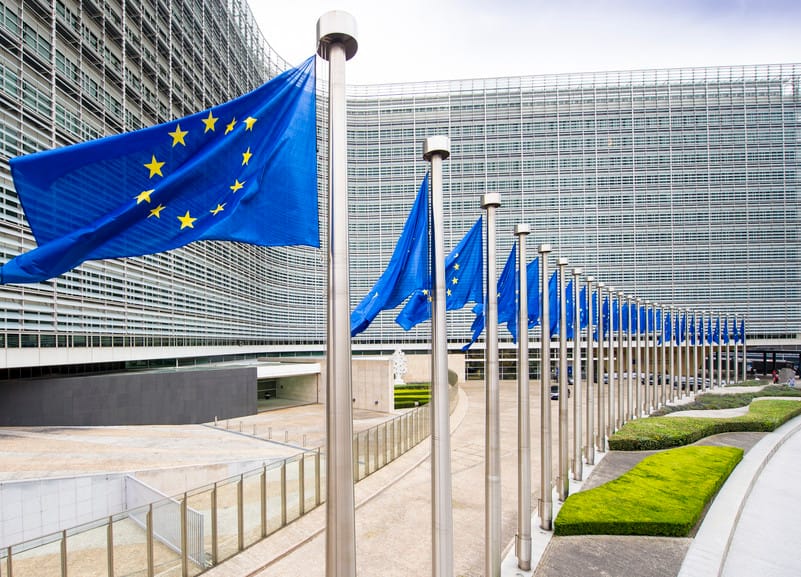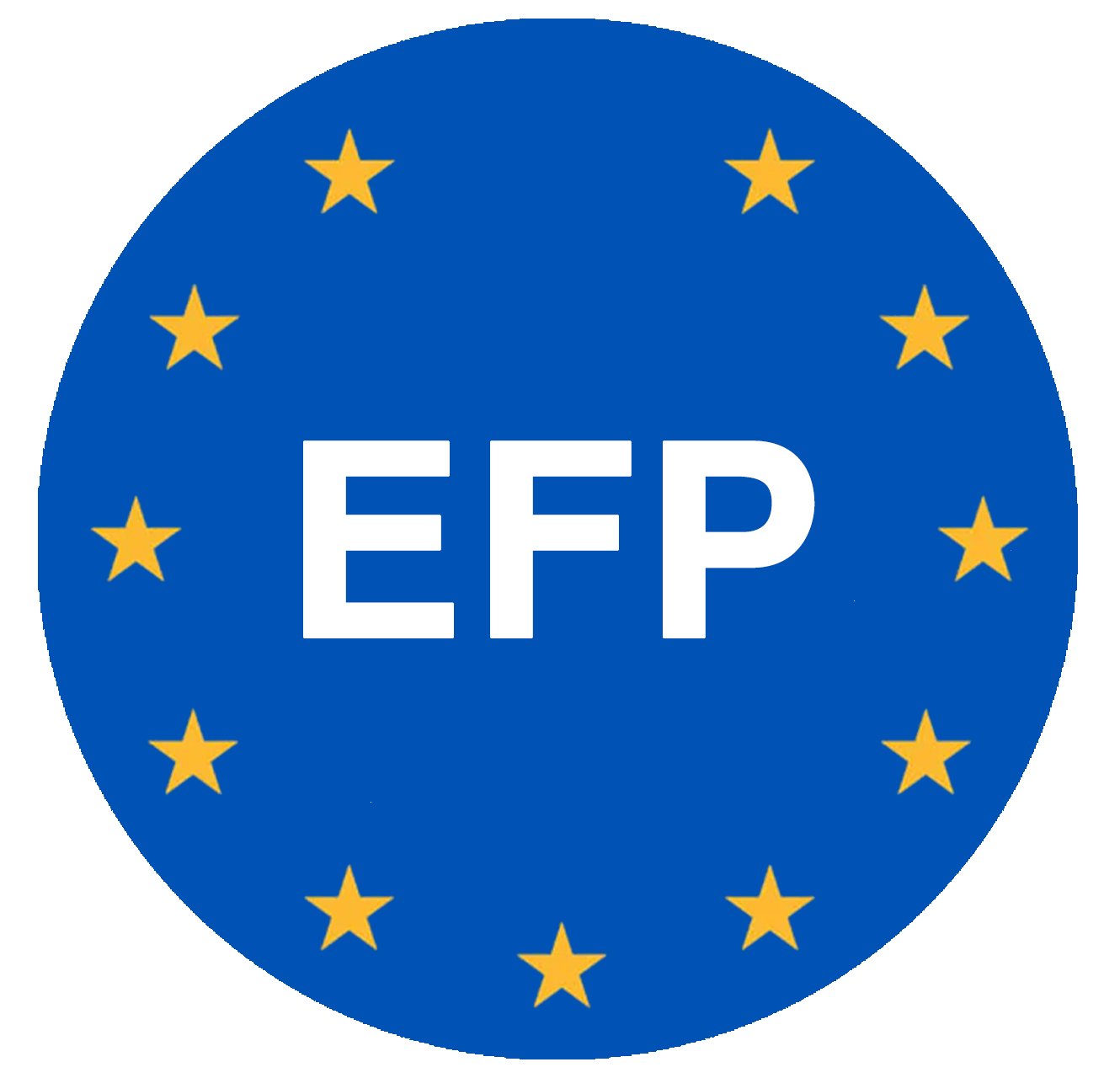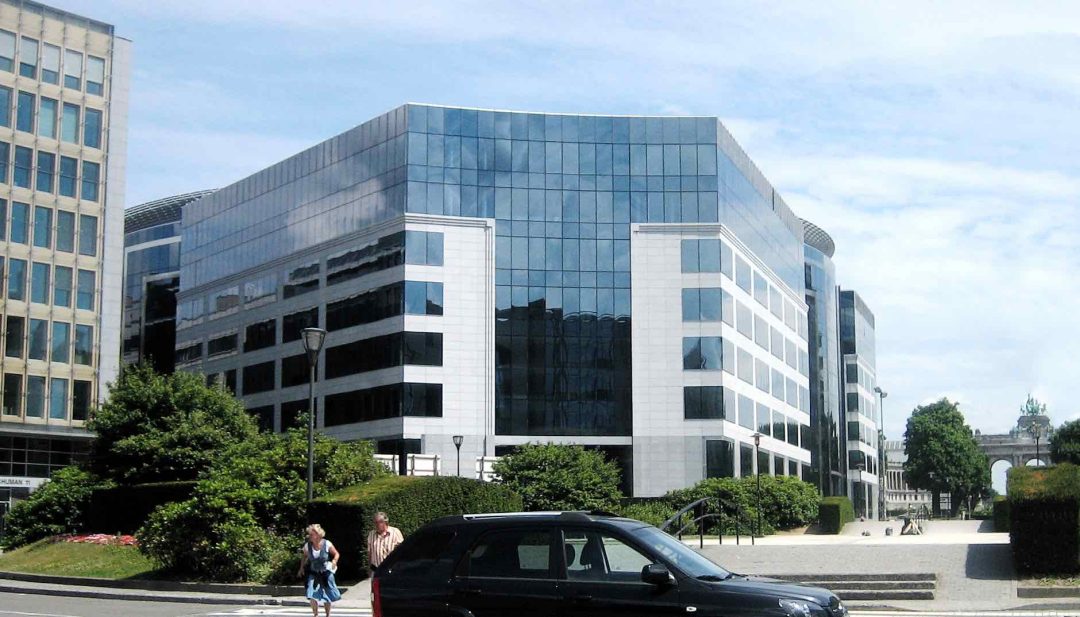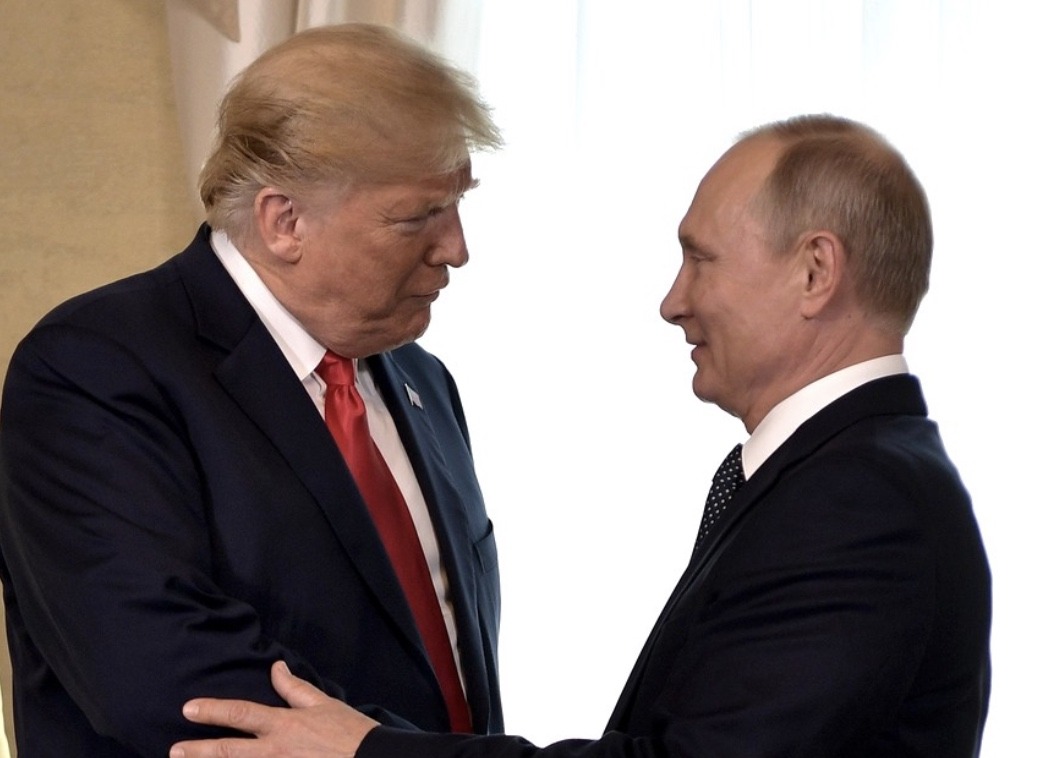
The European Union’s proposal to sharply raise import duties on Russian and Belarusian fertilisers risks driving up costs for farmers, inflating food prices and imperilling agricultural employment across the bloc, industry and farm groups warned ahead of the vote in Brussels on May 22nd.
Under a proposal backed by the European Parliament’s International Trade Committee, tariffs on nitrogen and phosphate fertilisers would climb from €40–€45 per tonne in 2025–26 to €430 per tonne by 2028. Proponents say the move will bolster EU producers and help curb the revenues Putin’s government uses to fund its military, but critics argue it will hand a windfall to Europe’s largest fertiliser manufacturers while squeezing smaller farms.
“Fertiliser prices are already choking us,” said Seamus O’Connell, a dairy farmer in County Cork, Ireland. “We’re paying €900 a tonne for nitrogen now—double what it was three years ago. These tariffs will bury small farms like mine.”
Russia supplied about a quarter of the EU’s fertiliser imports in 2024, and industry analysts predict the proposed new duties could double prices, hitting small and medium-sized farms in Ireland, France, Italy and Spain—reliant on Russian and Belarusian nitrogen and phosphate for up to 30 percent of their needs—particularly hard. The EU’s 2024 grain harvest, already the lowest in a decade at 111.7 million tonnes of wheat, faces further strain, according to European Commission data.
Farmers’ associations from major agricultural producers such as France, Italy, Germany and Spain slammed the International Trade Committee for sidelining them in favour of Latvia—a minor player contributing just 1.5 percent to the EU’s 2024 harvest—over larger stakeholders. The Parliament’s Agriculture Committee’s proposals to mitigate the fallout were ignored, raising questions about the decision-making process. MEP Mireia Borrás Pabón branded the process “a disgrace,” arguing tariffs won’t fix Europe’s industrial woes but will punish farmers and voters.
Copa-Cogeca, the influential voice of EU farmers and cooperatives, has condemned the fertiliser tariff plan as ignoring the “concerns and proposals of agriculture.”
“While we understand the political context, the decision to move forward without adjustments, alternative plans and/or proper impact assessment is deeply concerning for EU agriculture,” said it in a statement on its X account.
Irish MEP Maria Walsh highlighted Ireland’s vulnerability, noting that Irish farmers already face the bloc’s highest fertiliser costs. A Rabobank report forecasts price shocks through 2025, compounding global supply-chain disruptions, labour shortages and climate pressures.
Historically exempt from sanctions to safeguard food-supply chains, fertilisers were omitted from early measures following Russia’s 2022 invasion of Ukraine. But alleged lobbying by Europe’s biggest fertiliser firms—including Norway’s Yara International, Poland’s Grupa Azoty and Fertiglobe—helped prompt the European Commission’s controversial January 2025 proposal.
Farmers say they now face a double blow. Alongside looming EU duties, the incoming U.S. administration has threatened tariffs on European agricultural exports, jeopardising a €20 billion market. “It’s a nightmare,” said Spanish olive grower Javier García. “We’re already cutting corners to survive. These tariffs could be the final straw.”
Copa-Cogeca has urged MEPs to delay the vote and commission a full impact analysis, calling for safeguards to protect the most vulnerable farmers.


